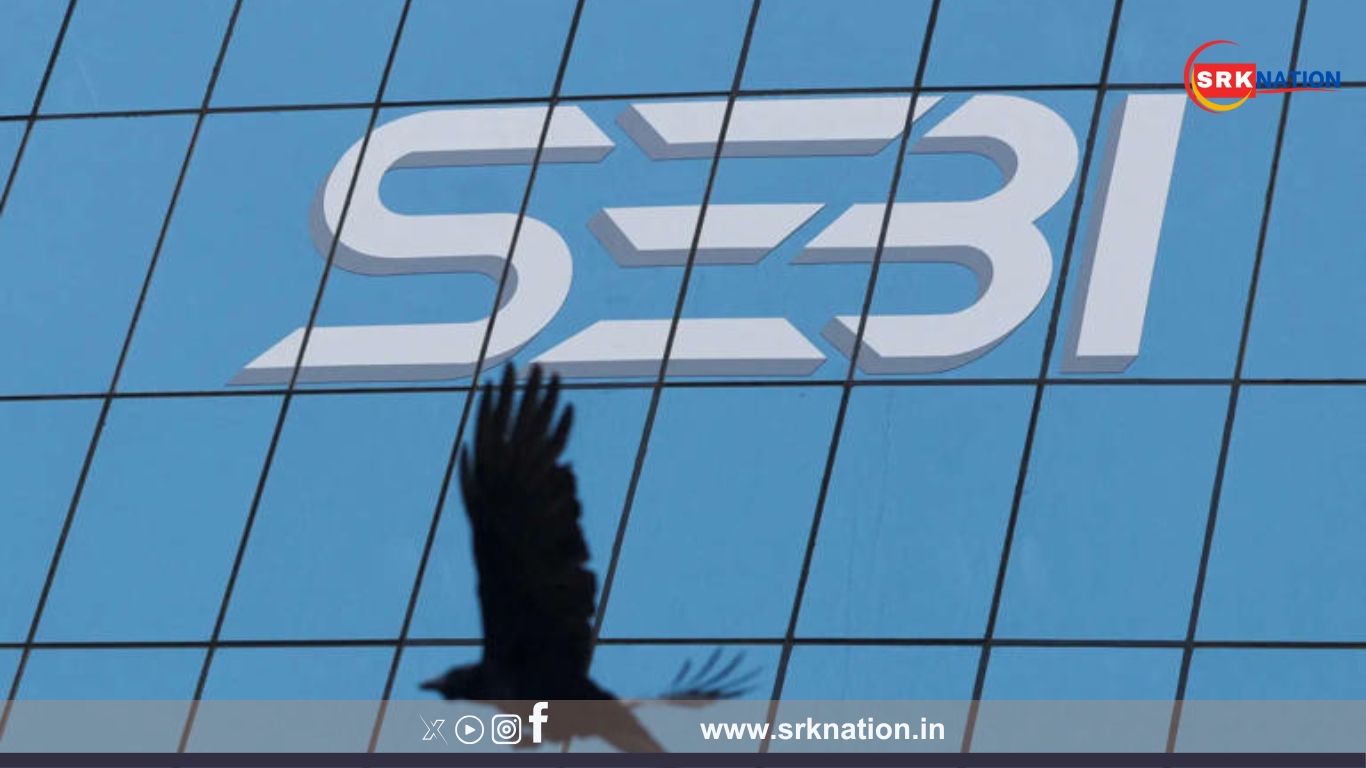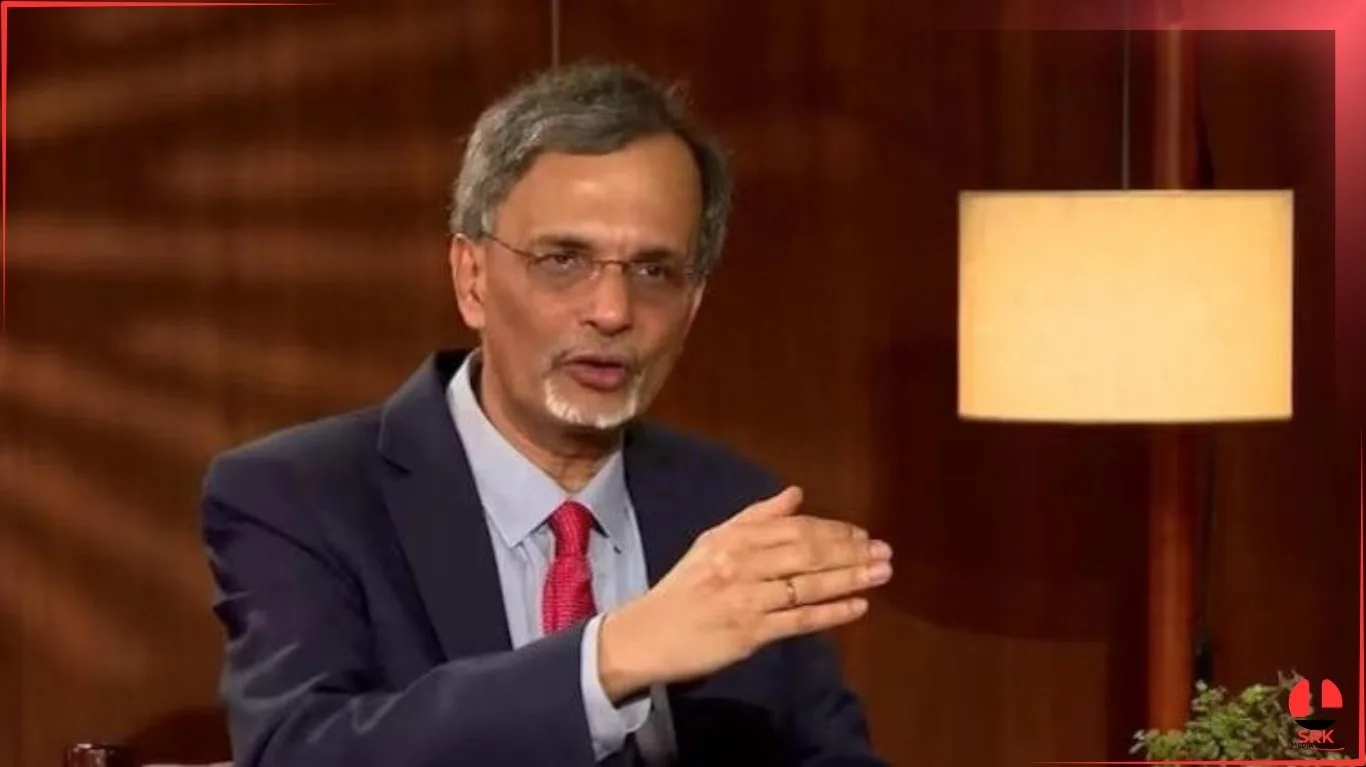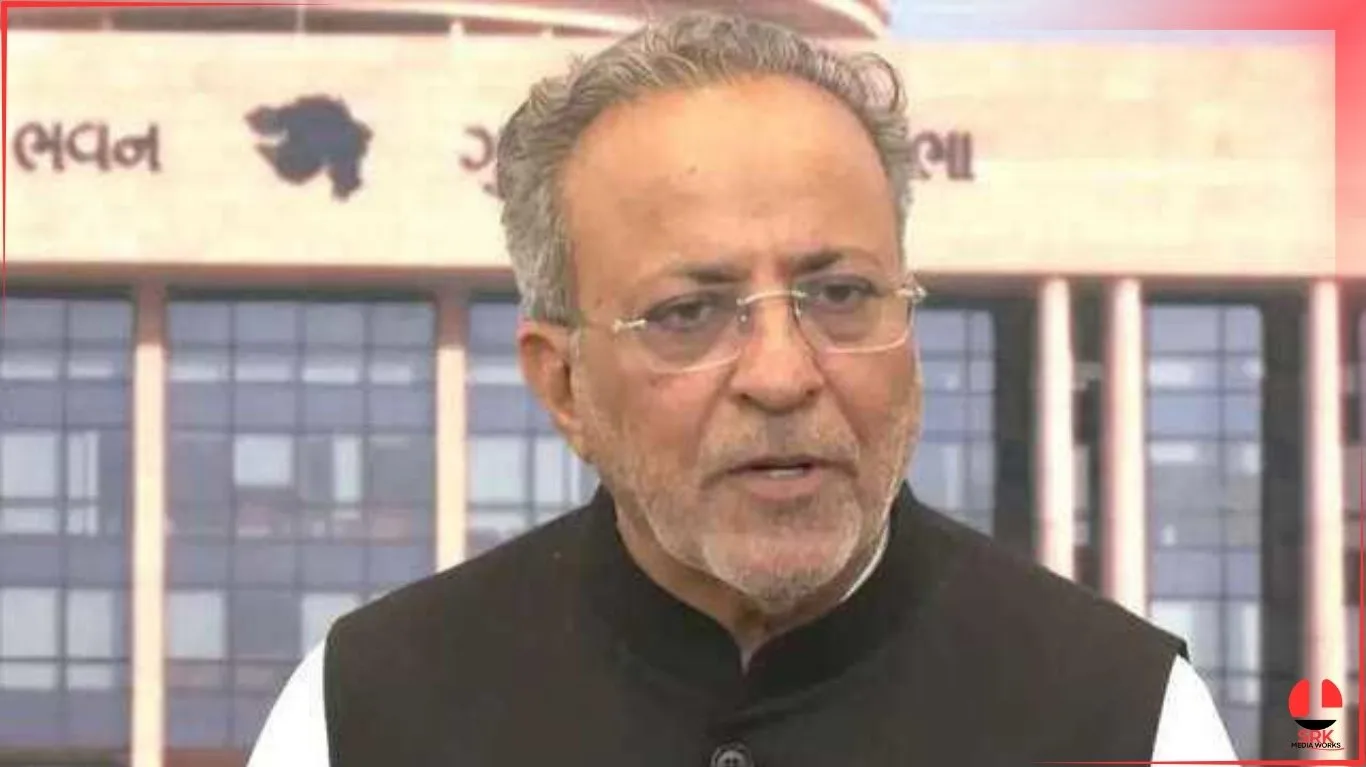The Securities and Exchange Board of India (SEBI) has made the electronic book mechanism (EBM) mandatory for all private placement debt issues of ₹20 crore or more, expanding its scope to include Real Estate Investment Trusts (REITs) and Infrastructure Investment Trusts (InvITs).
Previously, the EBM was required only for private placements of debt securities with an issue size of ₹50 crore or more. Under the revised framework, the mechanism will now apply to non-convertible redeemable preference shares (NCRPS) and municipal bonds, including single, shelf, and subsequent issues within a financial year.
Key Changes Introduced by SEBI:
- Mandatory Use of EBM: Issuers must now utilize the Electronic Book Provider (EBP) platform for private placements of debt securities exceeding ₹20 crore.
- Expanded Scope: The platform now covers REITs, InvITs, securitized debt instruments, security receipts, commercial papers (CPs), and certificates of deposit (CDs).
- Anchor Investor Provisions: Depending on the credit rating of the instrument, issuers can reserve a portion of the issue for anchor investors:
- 30% for AAA to AA- rated instruments
- 40% for A+/A- rated instruments
- 50% for lower-rated instruments.
- Transparency Measures: Issuers must submit a placement memorandum and term sheet at least two working days before the issue opens, or three days for first-time users.
- Green Shoe Option: The green shoe option is now capped at five times the base issue size, with past allocations required to be disclosed.
- Proportionate Allotment: If multiple bids are received at the same cut-off price, allotments must be made on a proportionate basis.
- Public Disclosure: The EBP platform must update bidding details and issue-related information on its website by the end of the bidding day or by 1 PM the next day, depending on when the issue closes.
SEBI has also introduced revised timelines for obtaining in-principle approval from stock exchanges before T-2 or T-3 for EBP-based issues and before the issue opens for non-EBP issues. While most changes take immediate effect, provisions related to anchor investors, disclosures, and reporting will be implemented over the next three to six months.
The move aims to enhance transparency, streamline fundraising, and improve efficiency in India’s private debt market. Market participants are expected to adapt to the new framework as SEBI continues to refine regulatory mechanisms for financial instruments.











